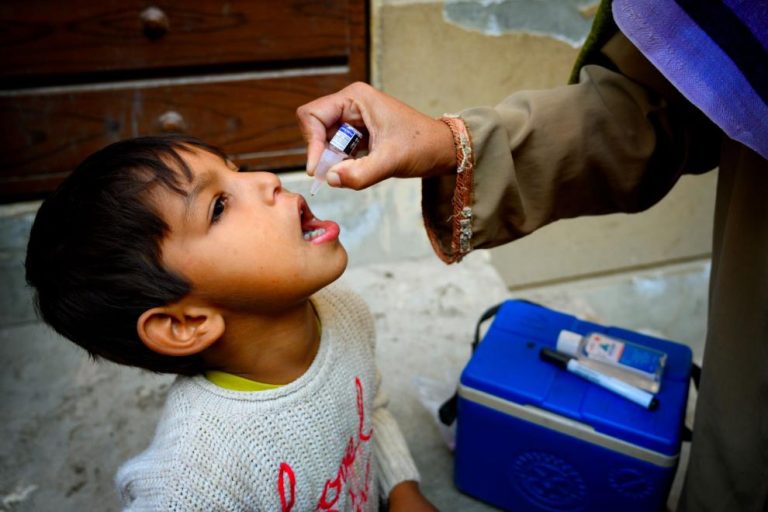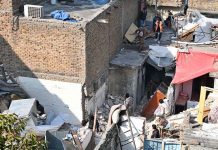By Asim Hussain
ISLAMABAD: The international and national experts on Monday declared that the global end of polio is now ‘within reach’ urging to sustain momentum through the final, most difficult phase of eradication.
The panel, convened by the World Health Organization (WHO) and the Aga Khan University (AKU), highlighted Pakistan’s dramatic progress over the past three decades, reducing annual polio cases by 99.6% from 20,000 in the early 1990s to 74 in 2024 and only 30 so far in 2025.
Polio eradication ‘within reach’ as Pakistan nears final milestone: Experts
Speakers stressed that the recent detection of wild poliovirus in Germany underscores the global nature of the threat and the importance of continued vigilance.
“Eradicating polio forever is not just the right thing to do, it is the smartest,” said WHO Representative in Pakistan Dr Luo Dapeng.
“The poliovirus knows no borders. Science tells us eradication is within reach. It is not time to quit.”
The event, titled “How Close Are We? The Last Mile to Polio Eradication,” brought together more than 400 in-person and online participants, including public health experts, government officials, global partners, and students.
Moderated by Dr Ali Faisal Saleem of Aga Khan University Hospital, the panel emphasized that Pakistan’s gains are the result of persistent, evidence-driven work.
State Health Minister for Sindh, Dr Azra Fazal Pechuho, called the final phase “the last mile,” urging collective action to reach every child.
Prime Minister’s Focal Person for Polio Eradication, Ayesha Raza Farooq, noted that since 1994, Pakistan has eliminated two of the three strains of wild poliovirus and built one of the world’s most sensitive surveillance networks.
“While polio exists anywhere, no one is safe,” she warned. “It is not time to quit; it is time to recommit.”
WHO Director for Polio Eradication Dr Jamal Ahmed emphasized decades of practical success in eliminating polio in challenging regions.
“The medical data is clear—vaccines work. The question of whether eradication is possible is settled. What we need now is belief and mobilization.”
Panelists highlighted how advances in genetic sequencing, data-driven interventions, and expanded environmental surveillance are giving Pakistan unprecedented tools to detect and stop transmission.
Former Chief Scientist of the Global Polio Programme Dr Christopher Maher compared the effort to “wrestling with a gorilla”—warning that even with few cases, letting up would invite resurgence.
Experts from Royal College of Paediatrics and Child Health and Rotary International praised Pakistan’s frontline workers and long-standing partnerships.
Rotary’s National Polio Plus Chair Aziz Memon recalled the journey from 130,000 global cases and 125 endemic countries to only Pakistan and Afghanistan remaining. “The virus cannot hide from us,” he said.
AKU Medical College Dean Dr Karim F. Damji urged continued partnership, emphasizing that polio eradication “is within sight” and can be achieved through persistence, community engagement, and collective action.




